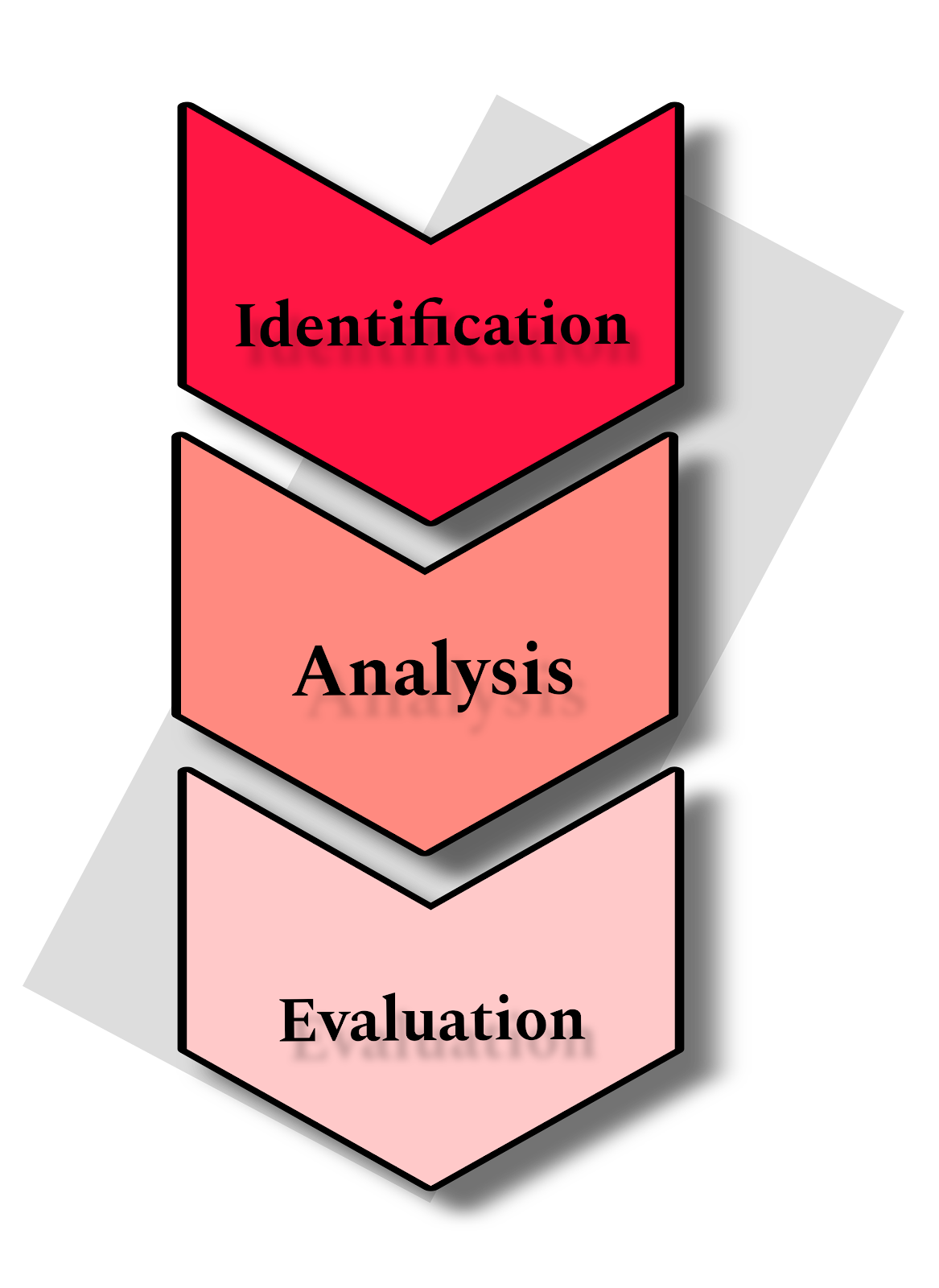by Victoria-Theresa Wyatt and Gordon Fox: First in a series

What is Shared Decision-Making?
Shared decision-making is a term used a lot in healthcare settings and medical education these days. It represents the latest understanding of the physician's and patient’s roles and responsibilities in helping patients make decisions about their health. Shared decision-making is intended to combine patient preferences, the physician's clinical expertise and the latest medical research to make more informed healthcare decisions.
What typically goes into making a decision?
- Identification - Identifying the decision you would like to make (For example: Should I get pregnant as an HCM patient?). How does this decision affect the many other potential issues I might have as an HCM patient (Would my HCM make my pregnancy risky? What is the chance my child will inherit my HCM?)?
- Analysis - Bring together the information you have available (such as risk factors and assessment, quality of life concerns, health history, doctor's recommendations, etc.). How do I get more and more accurate information to help make this decision?
- Evaluation - Using the information above to make your decision (in conjunction with your medical team and loved ones, like in treatment plans).
What does this look like in real life? Imagine you are planning a vacation. HCM might cause you to make additional decisions or consider additional factors when choosing where to go or what to do. If your HCM is stable and you are not very symptomatic, the proximity of quality cardiac care may not be at the front of your mind when choosing your vacation destination. If you are an HCM patient in advanced heart failure, you may want to vacation in areas where you can be certain you can obtain care. You might need to consider whether your trip requires strenuous activity or you can opt out of those activities. Perhaps your doctor has told you to avoid certain activities that might put you or others at risk if you have an issue and you want to take that into consideration when planning your itinerary.
What this series will do.
In this series of blog posts, we hope to break down the decision-making process with HCM, understanding risk, how to interpret it as the doctors may explain it, and how it applies to you, as well as discuss some common areas where HCM may affect your decision-making process. Using the information provided in this series, you will feel better equipped to apply some of the information you receive to make the right decisions for you!


 Translate
Translate

